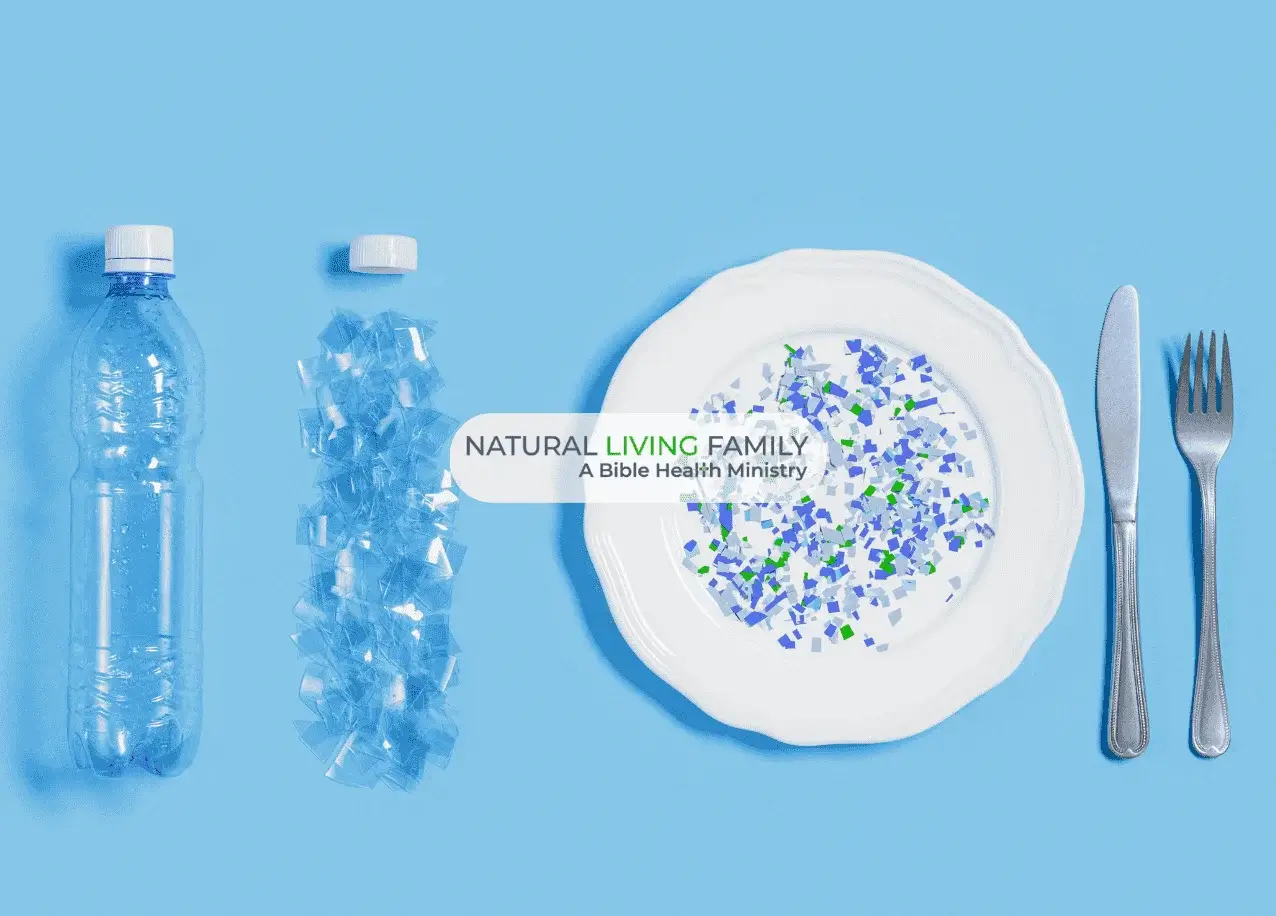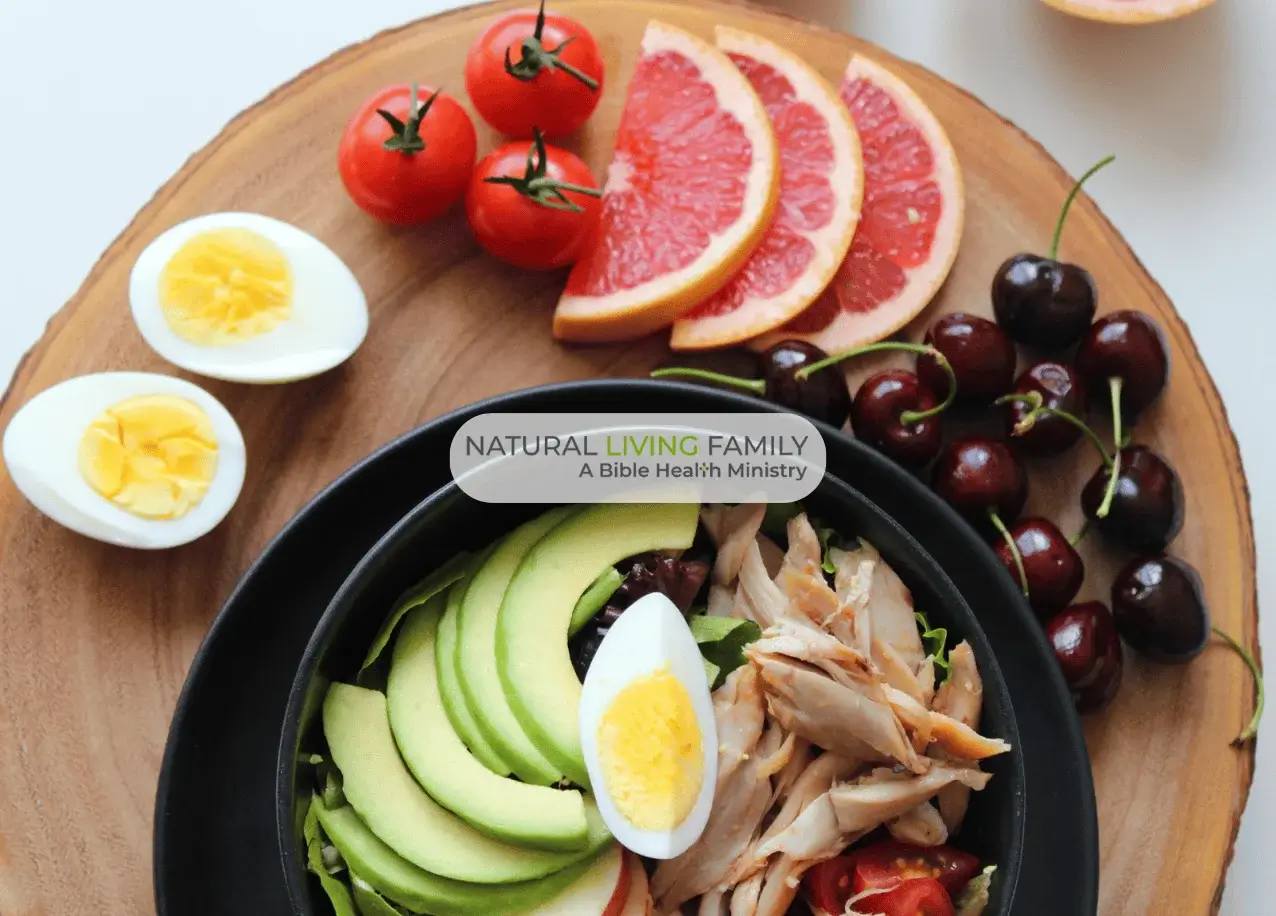With ingredients including freshly squeezed lemon juice, fresh garlic, tahini, and the health benefits of chickpeas, hummus is a power-packed snack loaded with several vitamins and minerals that are absolutely critical for a healthy diet. When most people eat it, however, they don’t recognize that the main ingredient in hummus is the garbanzo bean, also known as the chickpea.
Table of Contents
The Health Benefits of Chickpeas
Like most legumes, chickpeas have been praised for their fiber content, which helps normalize bowel regularity, manage cholesterol levels, and can help you shed excess pounds. According to a recent study, it took only one week of garbanzo bean consumption to improve blood sugar and insulin secretion, which suggests that chickpeas can help prevent and even reverse type II diabetes. Best part yet, study subjects only ate one-third of a cup chickpeas per day so it’s not like you have to live on the stuff!
Additionally, between 65-75% of the fiber found in garbanzo beans is insoluble fiber, and recent studies have shown that this can be metabolized by bacteria in the colon to produce relatively large amounts of short chain fatty acids (SCFAs) including: acetic, propionic, and butyric acid.
The significance behind this is that these SCFAs provide fuel to the cells that line the intestinal wall and by supporting the energy needs of intestinal cells, the SCFAs made from garbanzo fibers can help lower risk of colon problems, including your risk of colon cancer!
Nutritional Value of Garbanzo Beans
According to a study out of the British Journal of Nutrition,
“Chickpea has significant amounts of all the essential amino acids except sulphur-containing amino acids, which can be complemented by adding cereals to the daily diet…chickpea is rich in nutritionally important unsaturated fatty acids such as linoleic and oleic acids. β-Sitosterol, campesterol and stigmasterol are important sterols present in chickpea oil. Ca, Mg, P and, especially, K are also present in chickpea seeds. Chickpea is a good source of important vitamins such as riboflavin, niacin, thiamin, folate and the vitamin A precursor β-carotene.”
Health Benefits of Chickpeas: Just one cup of cooked chickpeas includes:
- Molybdenum (164% of daily value)
- Manganese (86%)
- Folate (71%)
- Fiber (50%)
- Tryptophan (44%)
- Protein (29%)
- Copper (29%)
- Phosphorus (28%)
- Iron (26 %)
It’s interesting that the nutrients in chickpeas are bioavailable and readily absorbed by the body. For example, if you’re working to correct a zinc deficiency, it’s worth noting that one serving of chickpeas has almost half your daily value of zinc. Chickpeas are also very high in glutathione.
It’s also worth noting that, unlike most canned foods, the nutritional value of canned chickpeas is relatively identical to the cooked variety you made at home. This makes things super convenient for us Urban Homesteaders. Instead of soaking the beans overnight, all you have to do is buy a can of organic garbanzos from your local health food store and off you go!
Incorporating Chickpeas into Your Diet
To incorporate chickpeas into your diet, you can add them to salads, stir-frys and (the most famous of all) homemade hummus. I’ve eating several different types and brands of hummus, but truth is, nothing beats Mama Z’s.
Click HERE for the recipe and be sure to join our Natural Living Family Facebook Group to let us know how you like it!
Want a different meal option? Try our Colorful Kale Quinoa Superfood Salad Recipe with chickpeas and other nutrient-rich ingredients.
Note: In addition to giving people gas and indigestion chickpeas also contain “anti-nutritional factors,” which can be reduced or eliminated by different cooking techniques. Like other grain legumes, this is why sprouting or soaking/cooking your garbanzo beans is so important.
References:
- http://nutritiondata.self.com/facts/legumes-and-legume-products/4407/2
- http://www.whfoods.com/genpage.php?tname=foodspice&dbid=58
- Jukanti AK, et al. Nutritional quality and health benefits of chickpea (Cicer arietinum L.): a review. Br J Nutr. 2012 Aug;108 Suppl 1:S11-26.











